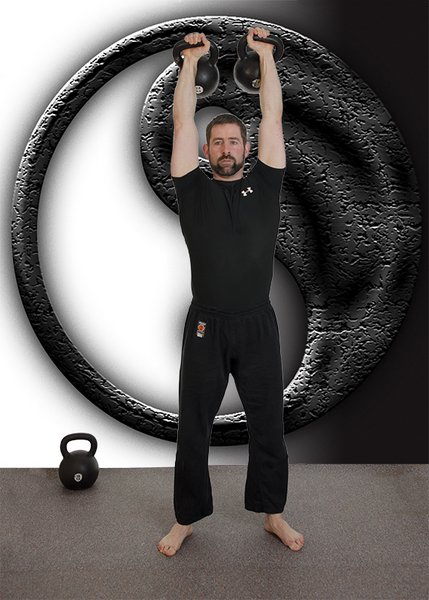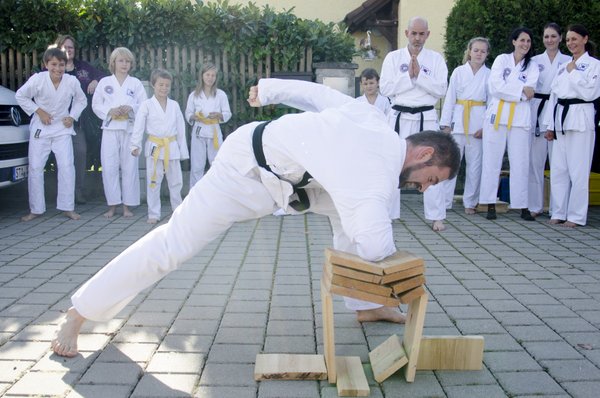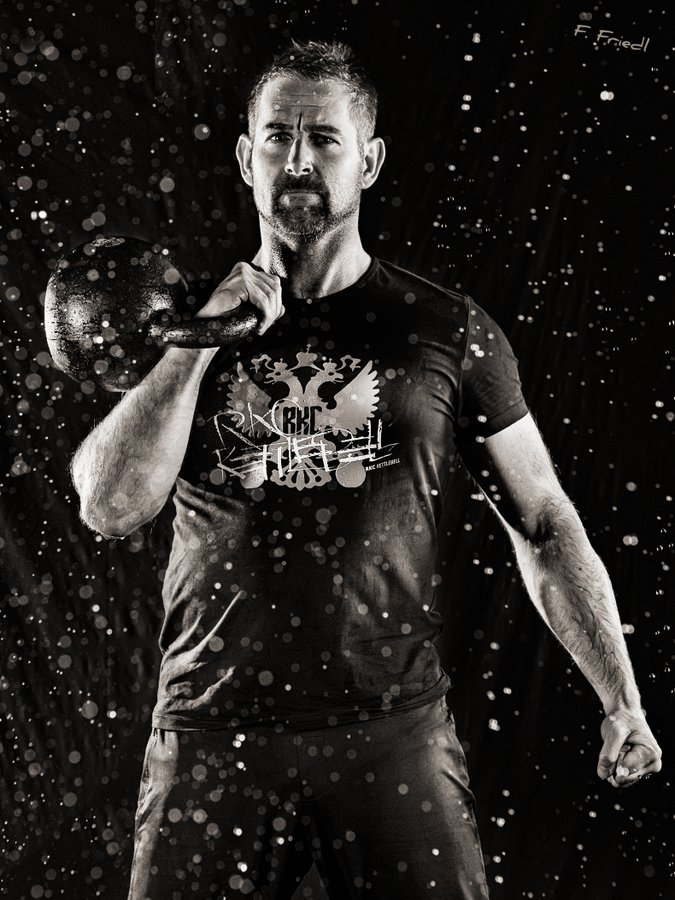
Watching any true master perform is always a fascinating experience. To the “average Joe” it looks like magic—he is immediately convinced that the master is a prodigy, and that he himself could never reach such a level. He might wonder why he should even bother trying if his own results will be mediocre at best.
But, when someone who has trod the path to mastery—even in a completely different field—watches the same performance, they understand what it takes to reach a high level of skill, and will value it even more.
What is Mastery?
To most people, mastery means performing at a very high level in a given field. They do not understand that high performance and expertise are actually just mere side effects of true mastery.
In my understanding, the path to mastery begins when someone takes action to deeply and profoundly explore their area of interest. Depending on where they are in their journey, their actual skill level might be high, medium, or even low. But, the difference lies in the approach we take to acquire and improve our skills. The “master to be” focuses on the process of honing and refining his or her skills instead of just quickly producing results. Many great masters of the past in strongman feats, martial arts, or any field of the arts acquired their fame fairly late in life—this is because it took time to achieve their extremely high skill level. But, many of these great masters are still known for their skills today.
Giotto di Bondone, an Italian artist considered to be the pioneer of the Italian Renaissance, was once asked by the emissary of the pope to prove his expertise. So, Giotto drew a perfect freehand circle, knowing that true mastery shows best in details rather than in the final work.

One great master of our time, Taekwondo Grandmaster Kwon Jae Hwa, put it differently when he stated:
“A black belt is only a white belt who never quit.”
A Word on Competition
These days, when everyone can address the whole world with a few clicks, we are becoming more and more competitive. We humans like to show off our skills, which is a good thing as long as it inspires others to follow along. But when this mutual encouragement turns into a competition, it tends to get ugly. When we compete, the goal often changes from self improvement to fast results for conquering our opponents.
In Germany we have the saying, “Sport ist Mord” which means “sports are murder”. For too many people, this idea is an excuse to be in—and stay in—bad shape. Of course any competitive success comes at a price. In sports, your body pays in the end. High level athletes in almost any discipline have only a few years to earn their fame (and money) before their bodies fail them. Unfortunately this often happens while they are still fairly young.
While I do not oppose competitions, it’s important to keep in mind that the most important reason for exercise and training is to make our bodies as healthy and resilient as possible. If you are a competitive person and like to measure yourself with others, use this trait to keep yourself motivated. But, do not trade a few short moments on the winner’s podium for a lifetime with a healthy body. In my opinion, that trade is never worth it.
To Achieve Mastery, Focus on the Process
To master kettlebell training, you need to increase your knowledge and skills. Try to absorb as much information on the subject as possible, then let your mind make the connections during practice. Every bit of information has its time—you might hear it a hundred times before something suddenly clicks in your mind for the next big leap into mastery. Don’t try to force it, but focus on the process of continual self improvement.
Mastering the Kettlebell
As a martial artist, I got hooked on kettlebells because of the depth of the training. Each and every move—as simple as they might look to the uneducated eye—has loads of subtle details. You can literally practice just the swing for years without ever reaching a point of absolute perfection with the movement. Don’t get me wrong, you do not need to practice the swing or any other RKC move endlessly to get it right. It usually just takes a few weeks to learn all six of the basic exercises in our system. But, once you have learned the basics and decide to really focus on the technique, you will find loads and loads of subtleties to work on for years to come.
Last but not least, kettlebell training has a built-in system to gauge your progress. Whenever you feel like you have mastered a move, start over with a heavier kettlebell.
The reward of this approach to kettlebell training is twofold:
- You will never get bored, because there will always be something to work towards.
- You are less likely to get frustrated when your progress slows down (which will happen eventually).
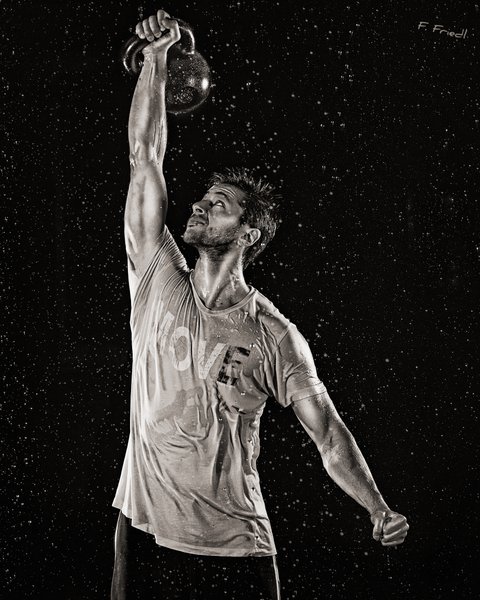
The RKC System—a Masterpiece of Physical Education
You can greatly advance your kettlebell and trainer skills relatively quickly with the RKC system. Dozens of highly skilled trainers from various fields have combined their skills and nearly 15 years of research to create an almost foolproof system. The RKC can turn any motivated candidate into a highly skilled coach and kettlebell athlete within a few short months. Attending one of the three-day RKC Workshops is the pinnacle of this transformation, but only if the candidate has trained hard in the months before—or after the workshop if they were unprepared.
Taking the RKC certification will turn you into a coach who can watch someone move, then systematically help that person improve their athletic abilities. Say goodbye to trial and error, because the RKC provides the tools to make educated decisions about how to proceed with training, based on your observations.
***
RKC Team Leader Florian Kiendl is a second degree black belt in Tae Kwon Do and runs a Martial Arts Gym in a small town close to Munich (Germany). He made it his mission to help his students to improve their movement and overall health. In his search for ways to overcome the movement restrictions of his students (and his own) he found the RKC and now works together with Master RKC Robert Rimoczi and others to help as many people as possible to gain back their Strength and Agility. He writes a regular Blog at blog.kettlebellgermany.de and offers workshops all over Germany teaching the RKC kettlebell exercises: KettlebellGermany.de. If you have questions or comments on the article feel free to email him at florian@kettlebellgermany.de. Special photos by Florian F. of Flowtography
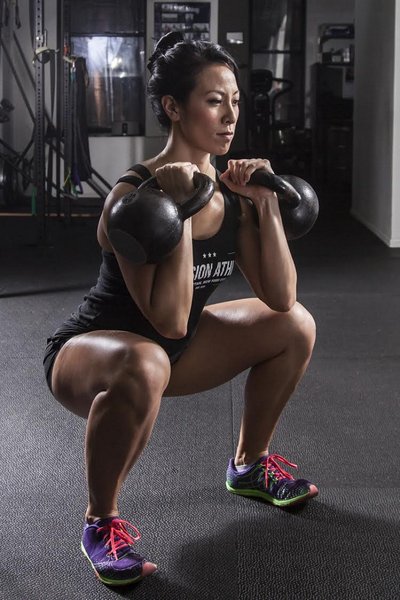
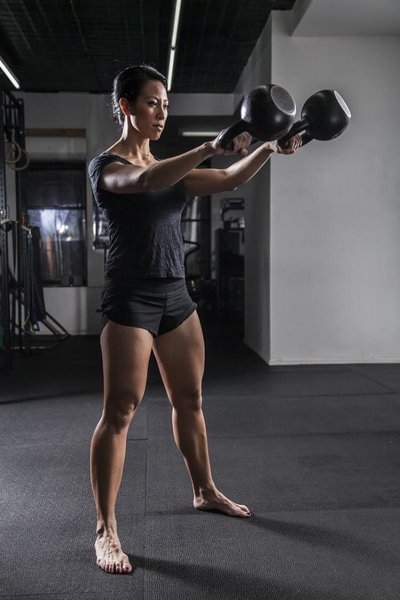
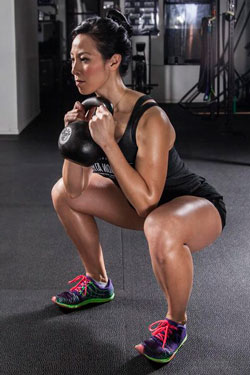 2014 has been good to me and my business. Precision Athlete has grown in clientele and notoriety far beyond what I could have imagined when we opened in 2011. I was also recently promoted to leadership in the first professional organization I had ever joined, the
2014 has been good to me and my business. Precision Athlete has grown in clientele and notoriety far beyond what I could have imagined when we opened in 2011. I was also recently promoted to leadership in the first professional organization I had ever joined, the 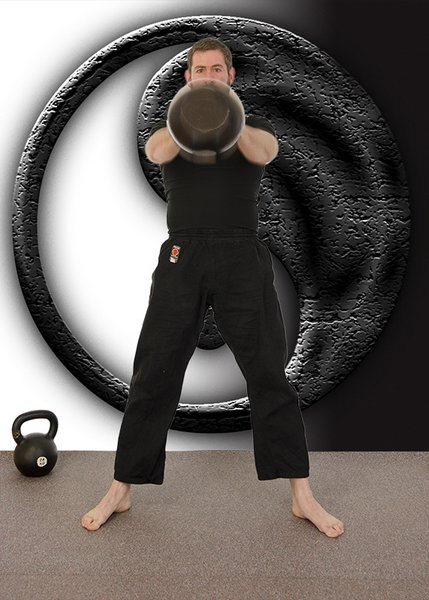 I was introduced to this term years ago when I worked as an IT Consultant for a German automotive supplier. I learned that it was this ancient Japanese concept that transformed Toyota from a small and inefficient car manufacturer into the de facto worldwide industry leader in production efficiency and accuracy. Today virtually all major car manufacturers use the Just in Time concepts invented by Toyota to produce their products. These concepts can save tons of money in production costs while maximizing quality at the same time.
I was introduced to this term years ago when I worked as an IT Consultant for a German automotive supplier. I learned that it was this ancient Japanese concept that transformed Toyota from a small and inefficient car manufacturer into the de facto worldwide industry leader in production efficiency and accuracy. Today virtually all major car manufacturers use the Just in Time concepts invented by Toyota to produce their products. These concepts can save tons of money in production costs while maximizing quality at the same time.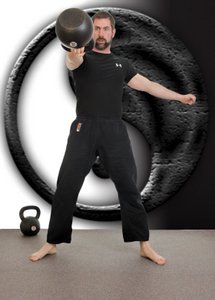 Kaizen and the Hardstyle Kettlebell
Kaizen and the Hardstyle Kettlebell